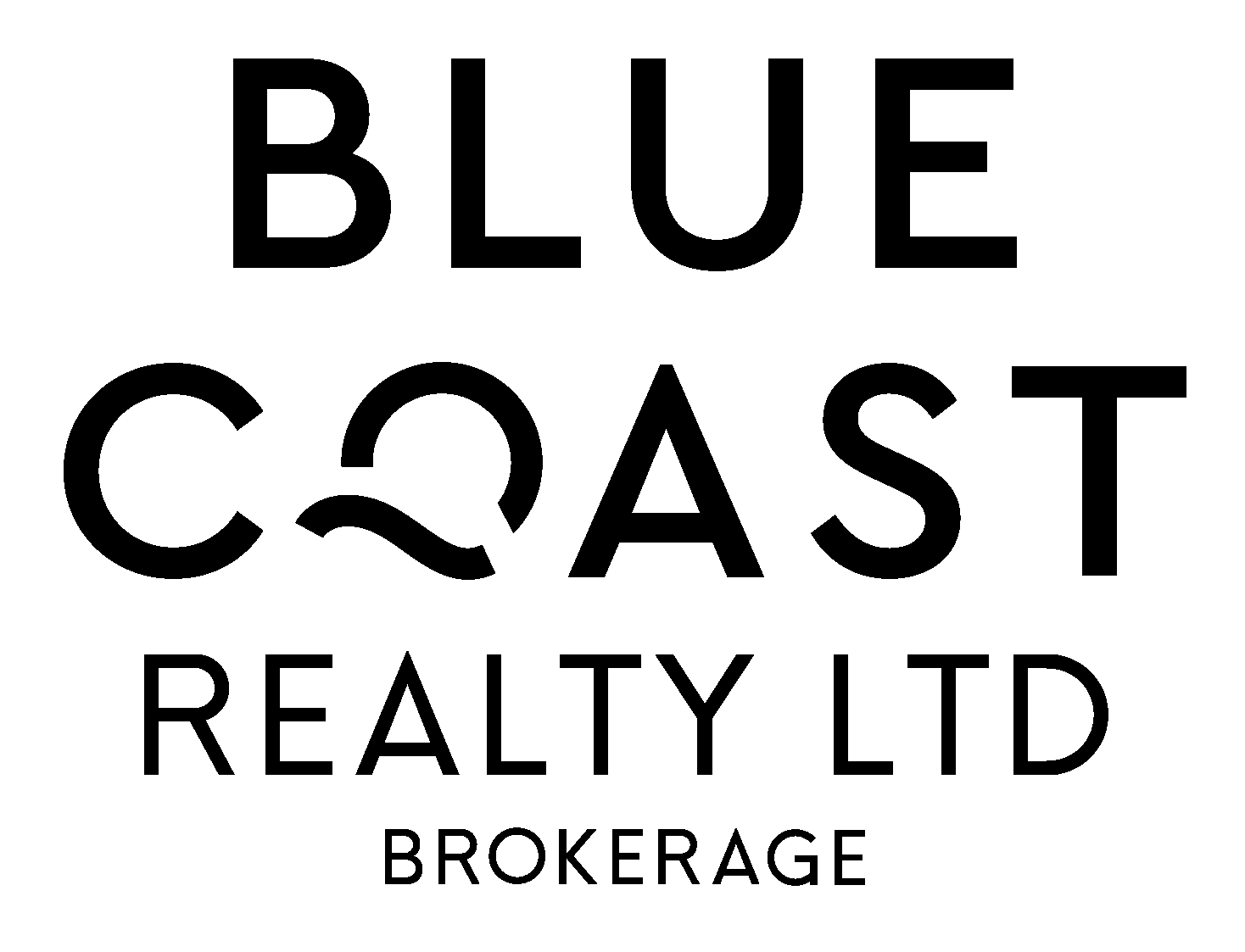
The mortgage process involves several steps, which can generally be divided into the following stages:
1. Pre-approval
Before home buyers begin the process of shopping for a home, they should obtain a pre-approval from a lender. This typically involves submitting a loan application and providing some documentation of the borrower's financial situation, such as proof of income, credit score, and assets. After reviewing this information, the lender will give the borrower an estimate of how much money they would be able to borrow, which can help guide their home search.
2. Home shopping
Once pre-approved, home buyers can begin looking for a property to purchase. This might involve working with a real estate agent, scouring listings online, and visiting open houses.
3. Mortgage loan application
Once a home is found, the buyer will typically make an offer to purchase the property. If that offer is accepted, the buyer will then submit a formal mortgage loan application. This will include additional documentation, such as proof of income, employment, and the purchase contract for the home.
4. Loan processing
After the loan application is submitted, the lender will process it and review the documentation. This step can take several weeks and may involve an appraisal of the property to ensure it is worth what the buyer is paying.
5. Underwriting
After the loan application is processed, the lender will conduct an underwriting review to determine if the loan meets the lender's guidelines. They may ask for additional information or documentation, and will consider factors such as the borrower's creditworthiness, income, and the property's value.
6. Closing
Once the loan has been approved and any conditions have been met, the loan can close. During the closing process, the buyer will typically pay closing costs, which can include things like origination fees, title insurance, and appraisal fees. The lender will then disburse the loan funds and the buyer will become the homeowner.
Now that you understand the mortgage process, you will be better equipped to apply for a mortgage loan.

